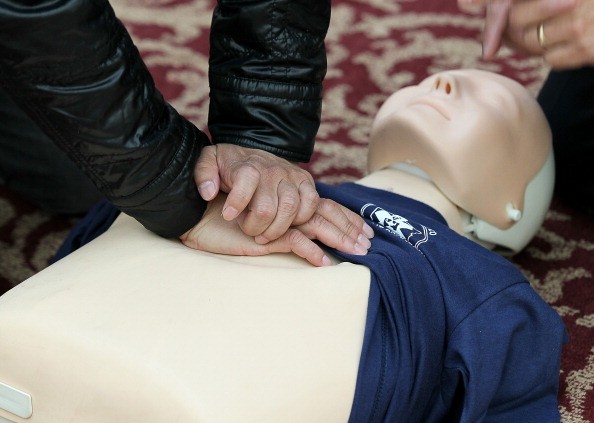
All drugs have side effects-that's already a given. Take, for example, this heart drug that protects the person from stroke or heart attack but also increases the risk of bleeding.
It's indeed a story of win some, lose some for Brilinta, a blood thinner developed by AstraZeneca. Taking the drug over long term can bring down the risk of premature death due to stroke or heart attack by as much as 16%. However, it also leads bleeding. To be more specific, for every 10,000 patients that take the medication, the drug can prevent more than 40 cardiovascular events each year. However, a little over 30 of them will develop bleeding.
Nevertheless, the researcher from Boston's Brigham and Women's Hospital, Marc Sabatine, in an interview with the Reuters, revealed that the benefits may still outweigh the risks. Besides, the bleeding doesn't affect the brain and doesn't prove any fatal.
During a comparative study between the drug and asipirin, another common medication to prevent heart disease and blood clotting, more than 20,000 patients participated in the study.
Among the group who took 60mg of Brilinta 2 times a day and an aspirin, about 7.7% developed the effects of heart disease. However, the rate is higher for those who took aspirin only. Risk reduction is also more than 12% for patients who took 90 mg Brilinta. Meanwhile, around 2.30% of those who took 60mg Brilinta developed, a little higher than the ones who took aspirin only.
Tom Keith-Roach, head of Brilinta, believes that the large clinical trial may eventually help them increase the sale of the drug. The company has struggled over the last few years in increasing its sale. Pfizer once offered to buy it but AstraZeneca fought off the sale. With this study, the company is hoping to start earning close to $4 billion in 2023. By 2020, their sales may already be $1.05 billion. In 2014, they were expected to sell almost $500 million.

